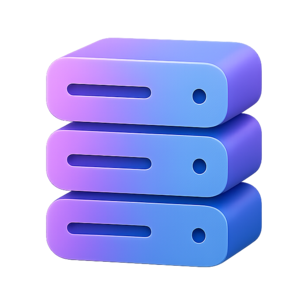Docker Beginner's Guide
Docker makes it easy to run apps in isolated containers, so you don't have to worry about dependencies or breaking your system.
What is Docker?
Docker is a tool that lets you run software in containers. Each container is like a mini-computer with its own environment, but it runs on your existing system.
- No more dependency hell
- Easy to install, update, and remove apps
- Great for self-hosting and home labs
Why Use Docker?
- Simplicity: One command to start or stop an app
- Portability: Move containers between machines
- Isolation: Apps can't mess with each other
- Community: Thousands of ready-to-use images
Installing Docker
On Ubuntu/Debian
bash
curl -fsSL https://get.docker.com | sudo sh
sudo usermod -aG docker $USERLog out and back in (or run newgrp docker) to use Docker without sudo.
Basic Docker Commands
- List running containers:bash
docker ps - List all containers (including stopped):bash
docker ps -a - List downloaded images:bash
docker images - Stop a container:bash
docker stop <container-name> - Remove a container:bash
docker rm <container-name> - Remove an image:bash
docker rmi <image-name>
Running Your First Container
Let's run a simple web server using Nginx:
bash
docker run -d -p 8080:80 --name my-nginx nginxNow visit http://<your-server-ip>:8080 in your browser. You should see the Nginx welcome page!
What is Docker Compose?
Docker Compose lets you define and run multi-container apps with a single file (docker-compose.yml).
Example:
yaml
version: '3'
services:
app:
image: nginx
ports:
- "8080:80"Start it with:
bash
docker-compose up -d